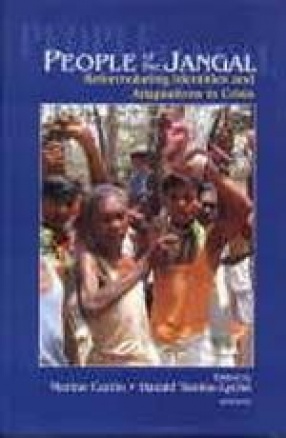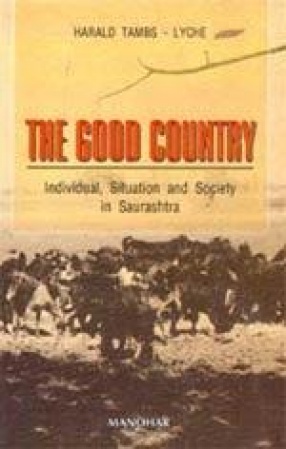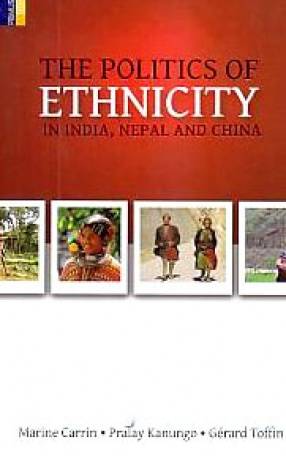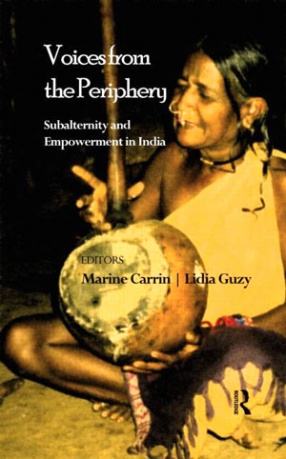Globalization processes link centres of power and culture all over the world. But these are surrounded by peripheries, whose integration in the global paradigm is neither an inevitable nor an automatic process, as a naive perception might lead us to believe. In South Asia, such peripheries seem a long way from the cosmopolitanism of Bombay or Bangalore, and the crisis is hardly the same to the ecologist statesman and the herdsman looking for pasture. Societies in the South Asian wilderness–Jangal–are closely tied to the environment but peripheral to systems of power. For them, the landscape is symbolically charged, and the meaning with which natural and social surroundings are invested tends to produce an identification as against others, expressed in terms of ethnicity. Changes at the symbolic level imply a danger of losing identity. The peripheral groups studied in this volume are the Santals, the Rona, the Bondo, the Pengs of Orissa, the Jadopatias of Bengal, the Kulava of Kerala and the Todas of Nilgiri among others. It is in the periphery that confrontations between development projects, conservation efforts, and local populations are most marked. The contributors deal with various peripheries, faced with intrusion by more powerful groups, as well as by environmental crisis. But the responses are various, as the authors of this volume show. Contributors to this landmark volume include Georg Pfeffer, Peter B. Andersen Gunnel Cedderloff, Deepak Kumar Behera and Srikant Patel among many others.
Transfer of Knowledge and Children’s Agency: Reconstructing the Paradigm of Socialization
As knowledge is transmitted ...
$65.70
$73.00







There are no reviews yet.